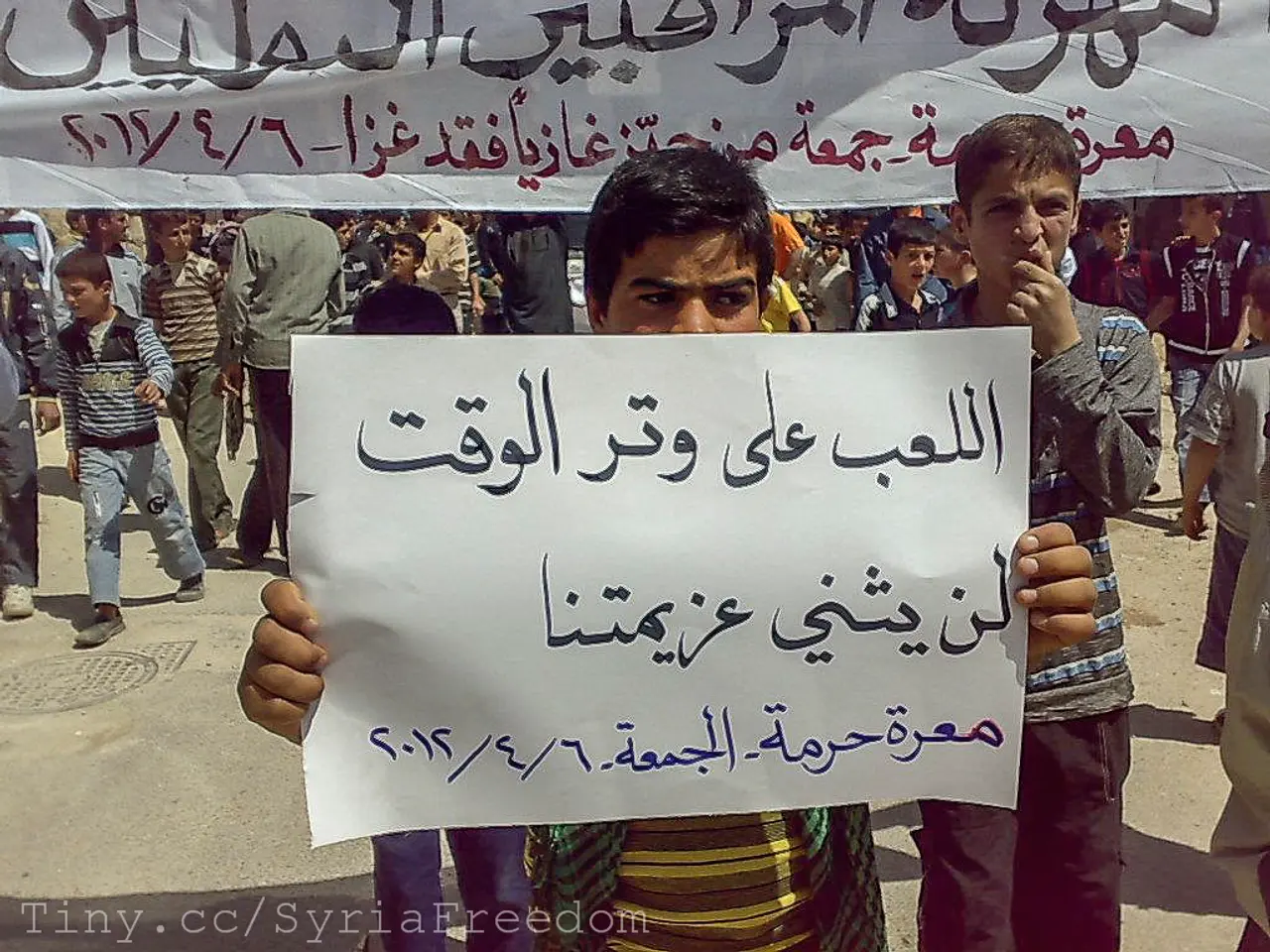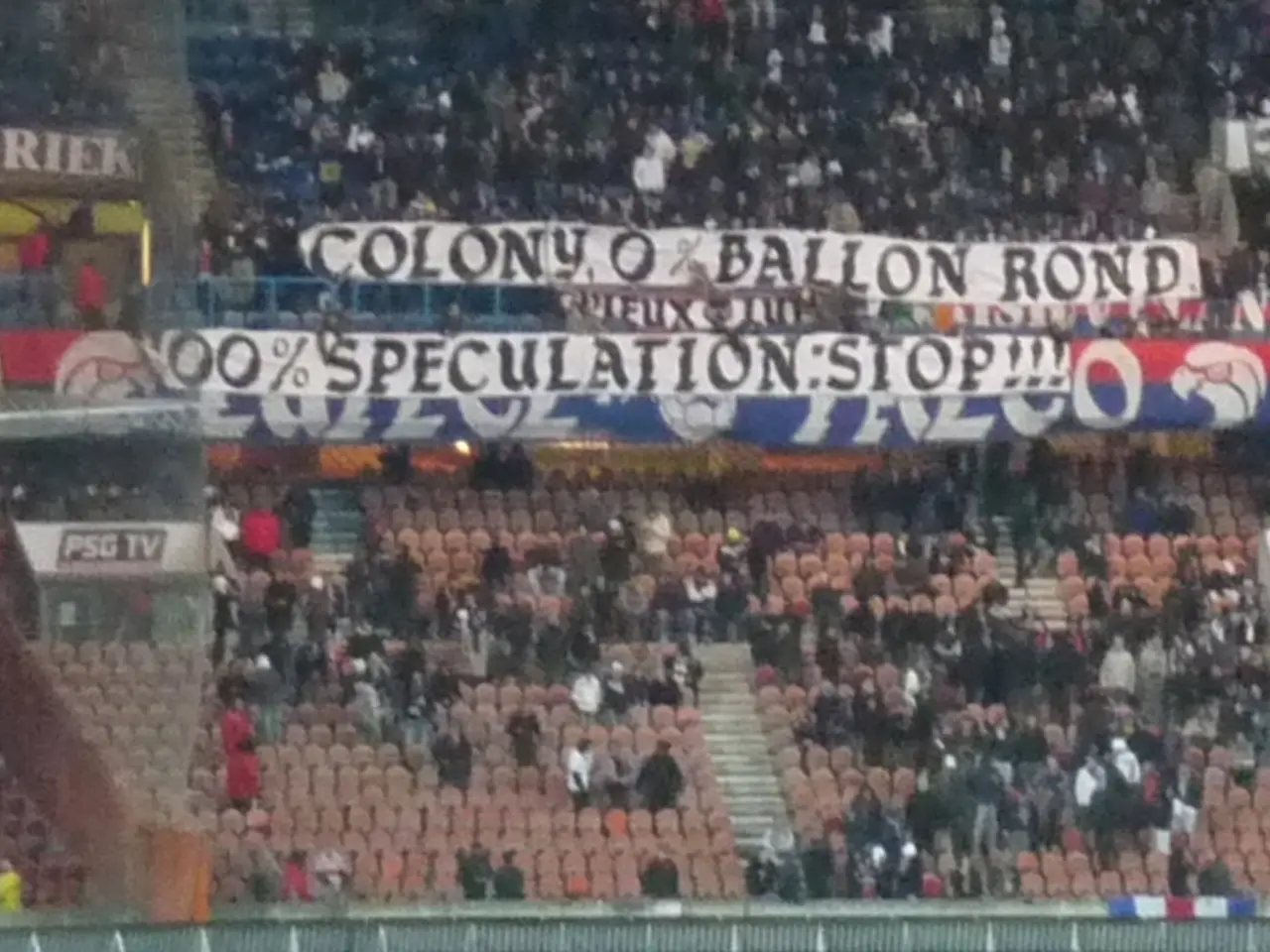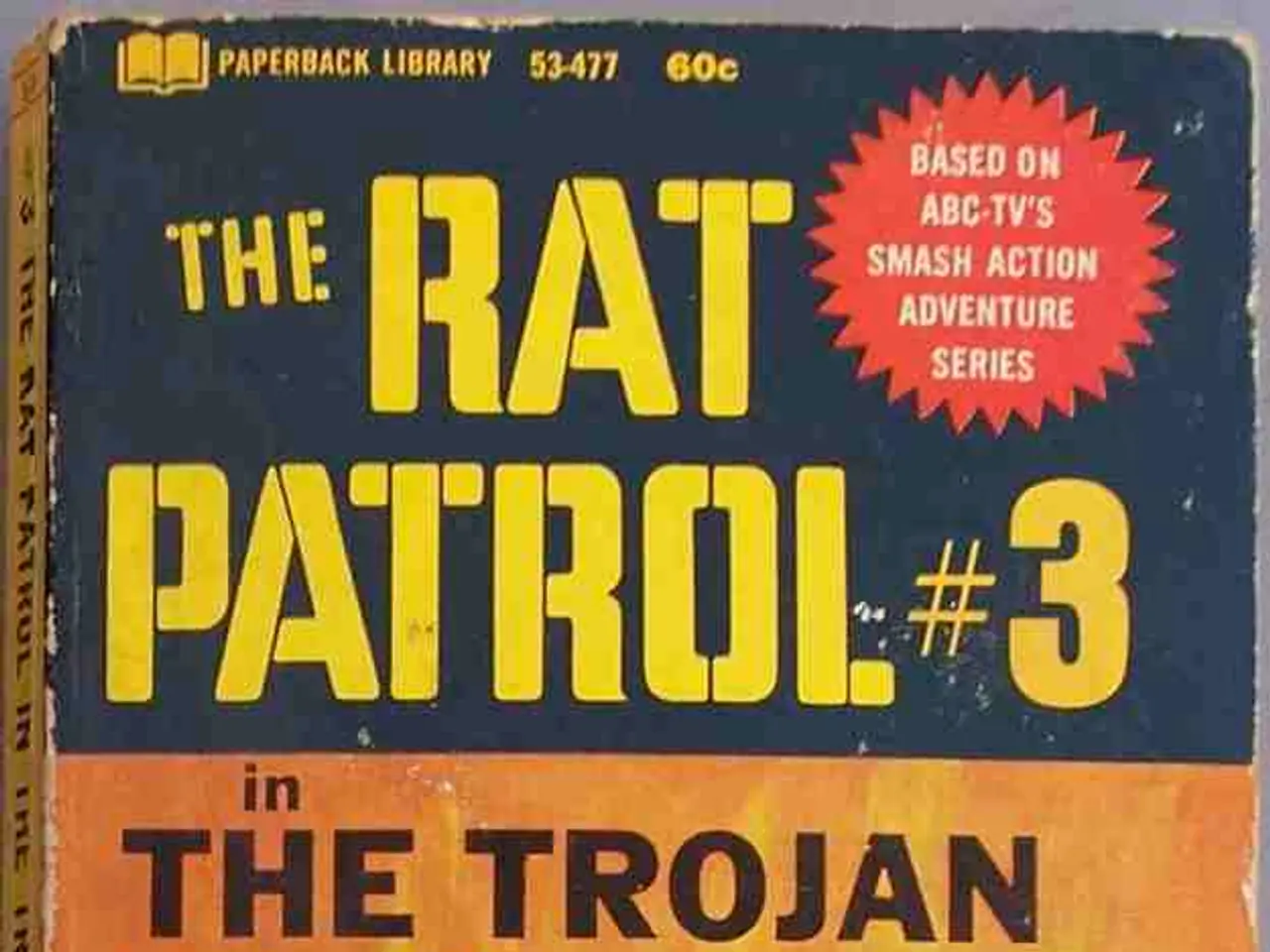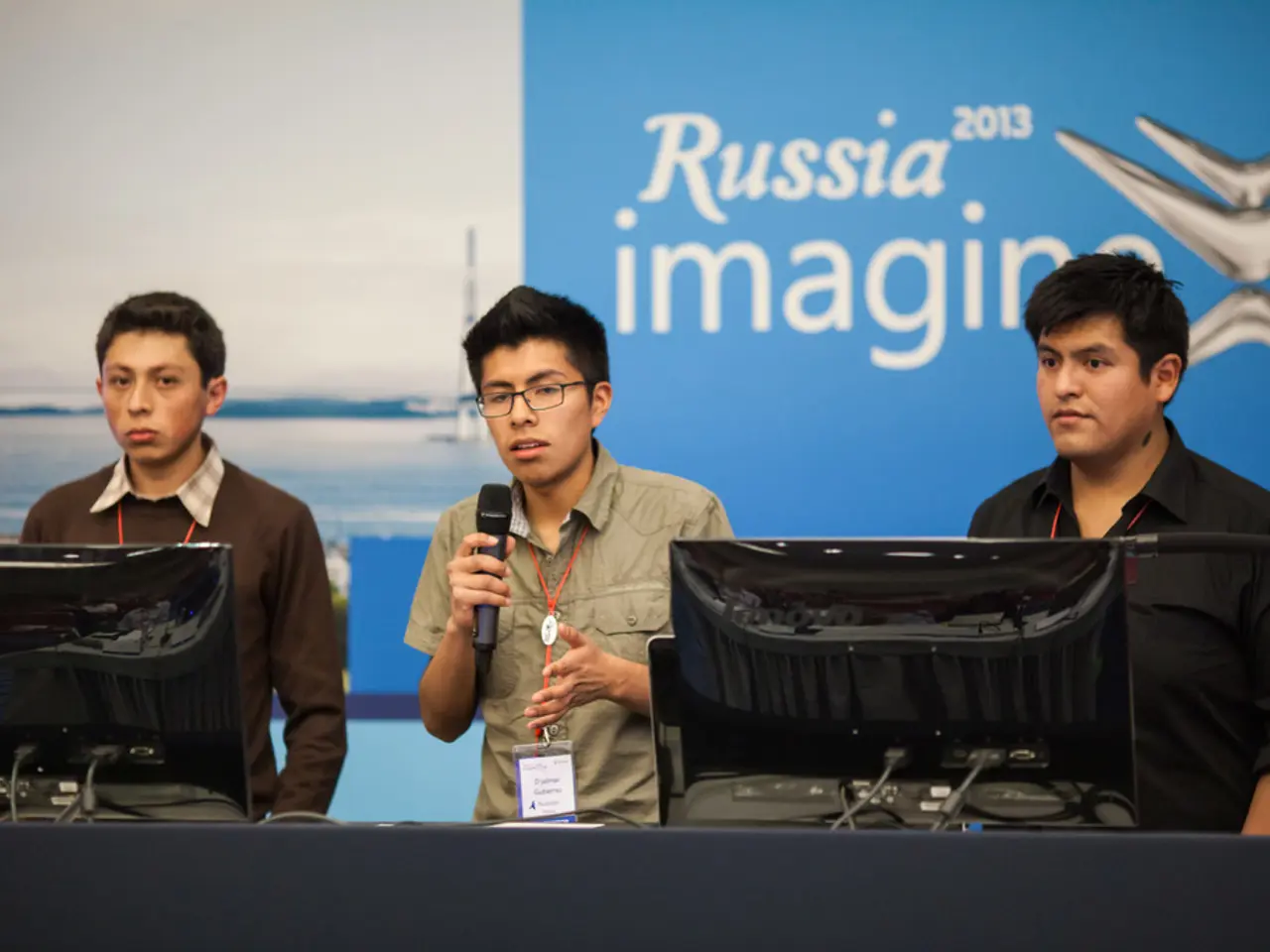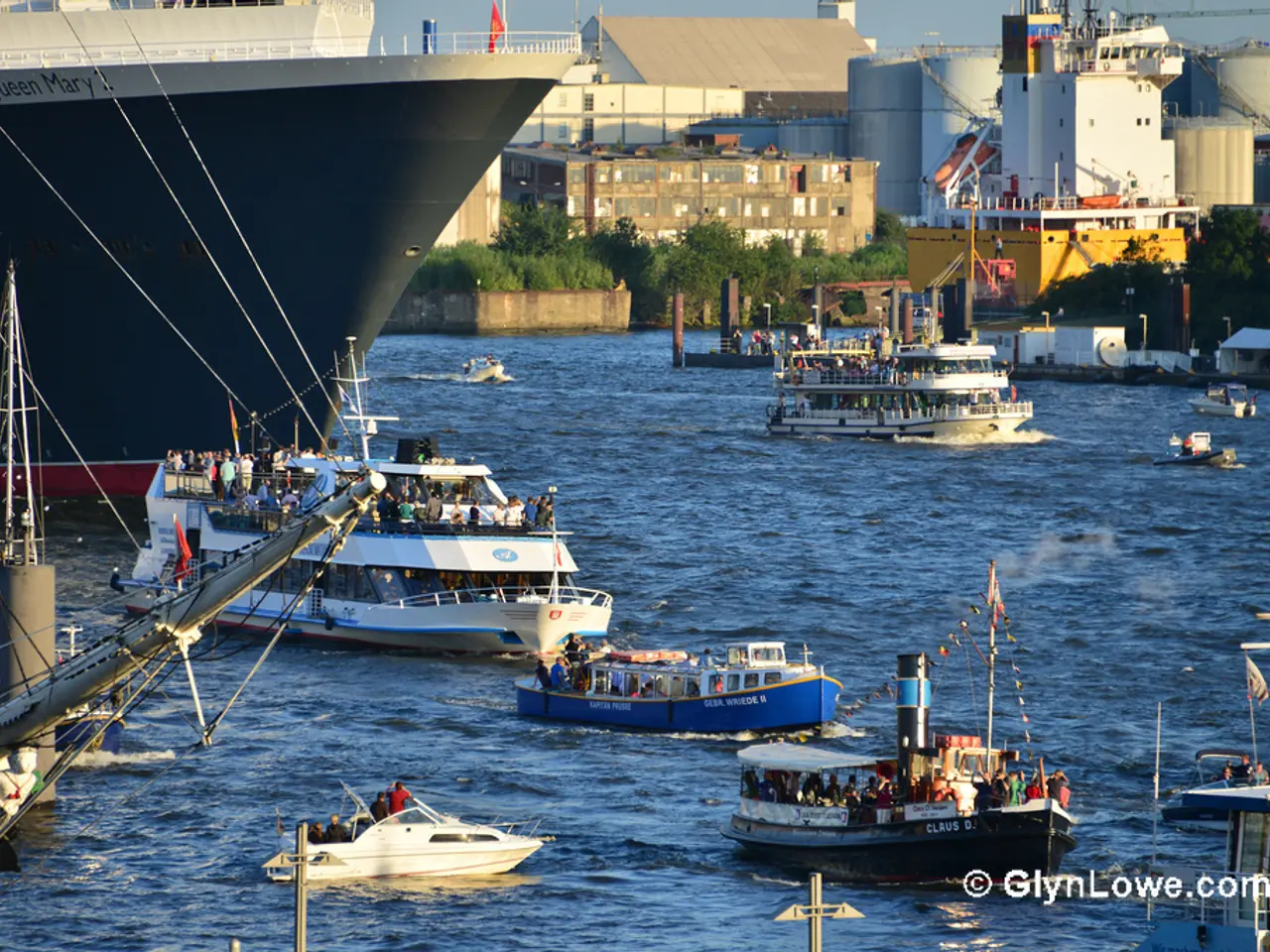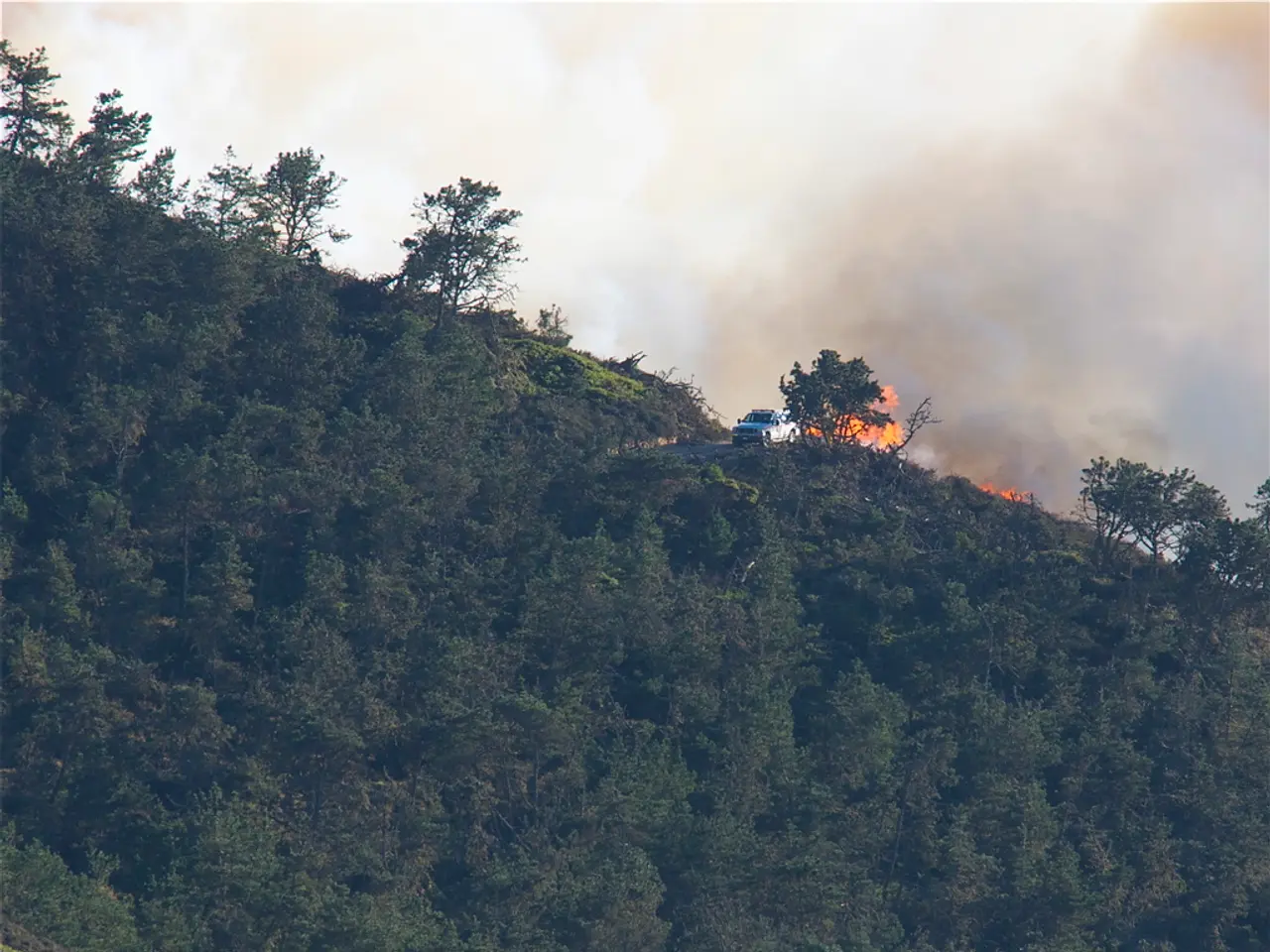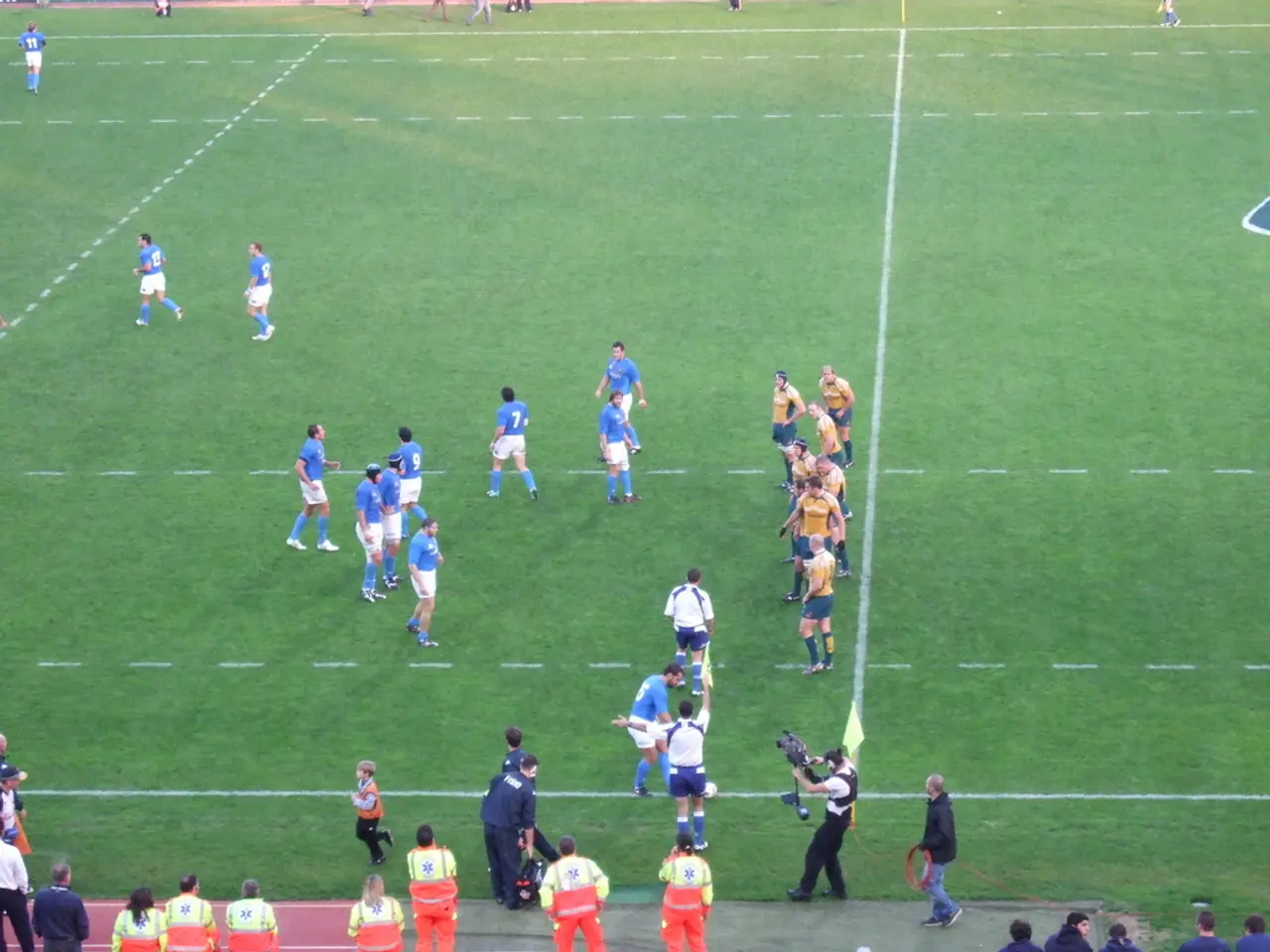Israel-supporting organizations summoned for the march
Montreal Pride, a celebrated event that brings together thousands, has found itself at the centre of a divisive issue. The decision to reverse the exclusion of pro-Israel Jewish groups, including Ga’ava, has created significant tensions within the LGBTQ+ community.
Initially, Montreal Pride excluded these groups citing concerns over "hate speech" and ties to pro-Israel political views during the Israeli-Palestinian conflict. This move was met with public backlash, performers withdrawing, and calls for Pride to take a clear anti-genocide stance. In response, Pride condemned "the ongoing genocide in Gaza" and expressed solidarity with Palestinians but also insisted it would not allow hate speech in the parade.
However, when Pride reversed the ban amid pressure—including the resignation of the board president—and apologized to the Jewish community, it alienated some pro-Palestinian groups and radical queer activists who had supported the initial exclusion as a political statement. Some local queer advocacy groups expressed shock or disappointment, seeing the reversal as undermining solidarity with Palestinian struggles and the radical roots of Montreal Pride.
The atmosphere at Pride has become fractured, with concurrent militant events like the Indomitable Pride march and Rad Pride protests reflecting this division within the LGBTQ+ community. The reversal has led to ongoing debate about free speech, inclusion, and how Pride should navigate highly contentious political conflicts while respecting diverse community voices.
The controversy surrounding Montreal Pride has attracted attention from various organizations. Helem, an organization representing Montreal's Arab LGBTQ+ community, expressed disappointment with the inclusion of pro-Israel groups in the parade. On the other hand, the Centre Consultatif des Relations Juives et Israeliennes (CIJA) and its LGBTQ+ Jewish partner group Ga'ava will participate in Montreal Pride's parade next Sunday.
The decision to include Ga'ava and CIJA has not been without controversy. Singer-songwriter Safia Nolin canceled her performance at Montreal Pride to oppose the inclusion of the Ga'ava organization. Critics accuse Montreal Pride of supporting the Israeli regime by collaborating with these groups.
Montreal Pride, however, maintains that it is an organization open to everyone who shares its values and convictions, regardless of their religious faith or cultural origin. The board president, Marlot Marleau, regrets that the Jewish community perceived their exclusion from the parade as a rejection of their community. In response, Pride has announced that it will review its internal complaint process.
The controversy surrounding Montreal Pride highlights deep divisions between pro-Israel and pro-Palestinian activists. It raises questions about Pride's role as a space for political expression and community solidarity. As the event approaches, the focus remains on how Montreal Pride will navigate these complex issues while maintaining its commitment to inclusivity and respect for diverse voices.
[1] Montreal Pride reverses decision to exclude pro-Israel Jewish groups [2] Montreal Pride's reversal on exclusion of pro-Israel groups creates controversy [3] Montreal Pride's reversal on exclusion of pro-Israel groups sparks debate [4] Montreal Pride's reversal on exclusion of pro-Israel groups alienates some
[1] After facing mounting pressure, Montreal Pride announces a reversal on the exclusion of pro-Israel Jewish groups during the parade, leading to ongoing debate within the LGBTQ+ community over free speech, inclusivity, and political expression.
[2] The recent move by Montreal Pride to include pro-Israel groups in the parade has attracted attention and criticism from both supporters and opponents, causing a fractured atmosphere and sparking significant discussions about the event's role in navigating political conflicts while upholding diverse community voices.
